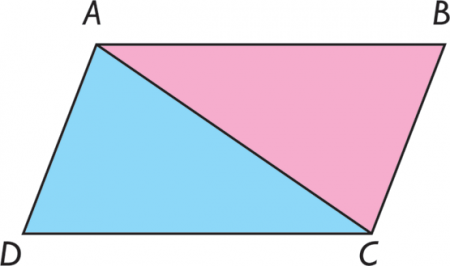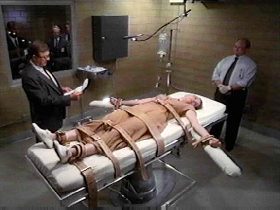 Scientific disciplines may need other complementary scientific knowledge. These other knowledge are known as auxiliary sciences. Its function is to support and complement a specific science, that is, to provide an instrumental dimension.
Scientific disciplines may need other complementary scientific knowledge. These other knowledge are known as auxiliary sciences. Its function is to support and complement a specific science, that is, to provide an instrumental dimension.
The role of auxiliary sciences in the whole of knowledge
In general, all sciences draw on other auxiliary sciences. This is what happens with the different branches of biology, a science that uses auxiliary disciplines such as statistics, computer science or taxonomy.
In the field of physics, some sciences also have an auxiliary character. This is what happens with mathematics, biology or statistics.
The law has a scientific character and in its development it is necessary to resort to complementary legal disciplines, such as criminal anthropology or legal medicine.
Astronomy needs two auxiliary sciences, physics and mathematics. At the same time, physics also uses other knowledge, such as chemistry or biology.
If we think of the sciences as a whole, there are certain scientific disciplines that are characterized by their condition as auxiliary tools, such as logic, mathematics or computing. These three disciplines are auxiliary sciences (also considered as formal sciences) in the sense that their postulates are applicable to any scientific field.
The auxiliary sciences of history
History as a science has the objective of knowing some aspect related to the past. To achieve this purpose, historians need to resort to very diverse auxiliary sciences. If a historian wants to know the context in which the discovery of America took place, he will need to become familiar with cartography, the science that studies maps and navigation charts.
When researching the Roman Empire, the historian should bear in mind Roman law. These examples allow us to remember that history is a general science and that it requires specific and more specialized scientific instruments.

History has a wide range of auxiliary sciences, such as heraldry, genealogy, numismatics, archival science or papyrology.
It must be borne in mind that the knowledge of a stage in history can only be achieved with an interdisciplinary perspective. In other words, several disciplines must converge with their different contributions so that it is possible to offer an explanation about what happened in the past.
The auxiliary sciences of history can be understood in a double sense: as study areas at the service of the historian and, in parallel, as an autonomous science that can be studied regardless of its hypothetical utility as a historical tool.
Photos: iStock - MilosStankovic / 7activestudio









